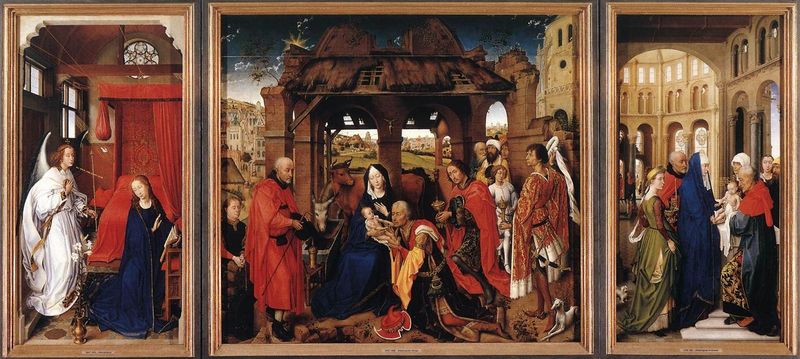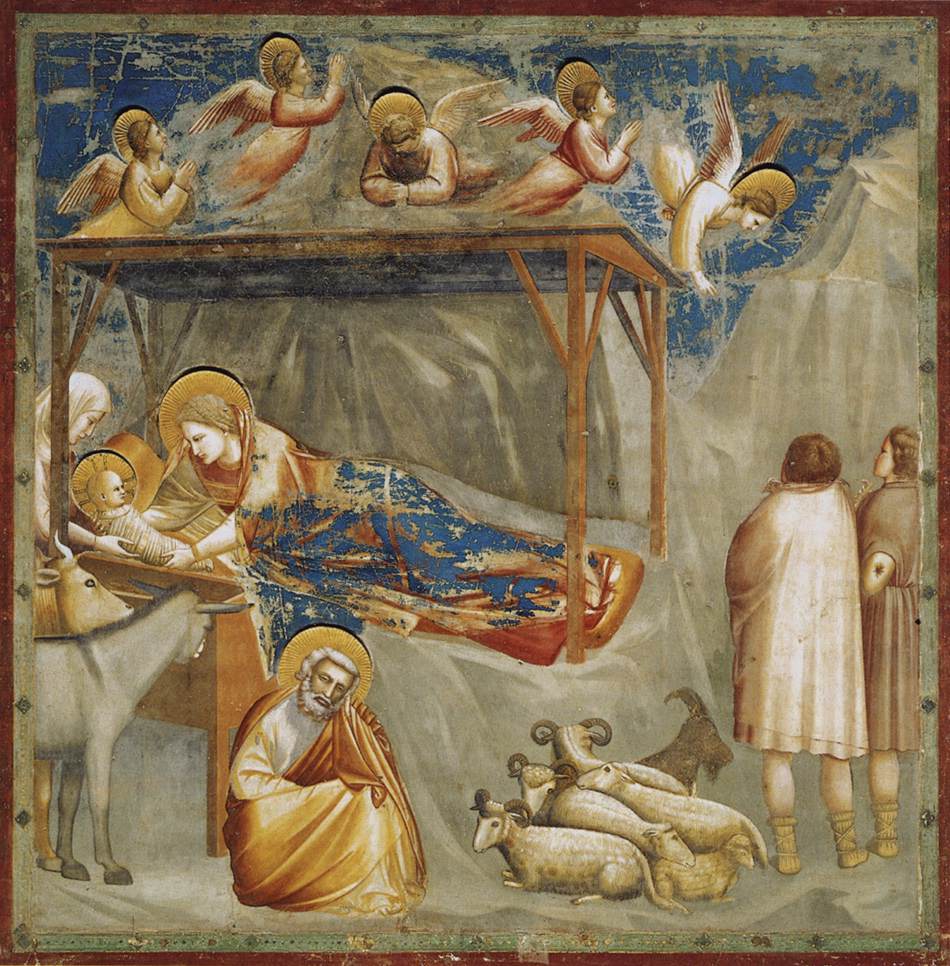 The Book of Psalms. Nancy deClaisse-Walford, Rolf A. Jacobson, Beth LaNeel Tanner. (Grand rapids: Eerdmans, 2014) 1051 pages ($60)
The Book of Psalms. Nancy deClaisse-Walford, Rolf A. Jacobson, Beth LaNeel Tanner. (Grand rapids: Eerdmans, 2014) 1051 pages ($60)
This book has xxii pages of preliminaries, 1010 pages of text and 41 pages of indices. It is written by three authors each of whom is a significant player in a vibrant and energetic generation of Psalms scholars working new seams of scholarship and bringing out of the riches of the Psalms treasures old and new. Psalms commentaries compete in a crowded field and their usefulness will depend on (i) whether the authors bring something new into the discussion; (ii) who is consulting and reading it and for what purpose; (iii) how it compares to viable alternatives.
So far as (iii) above is concerned, its closest rival in the field of Evangelical scholarship is the work of VanGemeren, published by Zondervan and recently revised in the Expositor’s Bible Commentary and running to over 1000 pages. It too deals with exegetical analysis and textual probing, historical and contextual details and theological reflection. Another rival is the three volumes of John Goldingay, published by Baker, which likewise brings traditional disciplines to bear on these rich and robust texts, but in the hands of an innovative and independent thinker with a firm commitment to the Old Testament as Christian Scripture, and as a confessed Evangelical. Allen Ross has already published two of a projected three volume exposition published by Kregel and also seeking to fit that perhaps too ambitious defined market of scholar, student and preacher. Given the Evangelical commitments of the New International Commentary on the Old Testament (NICOT), this volume on the Psalms inevitably has a number of similar commitments and scholarly presuppositions to these three substantial presences in the field. So what does the NICOT bring that the others have missed? How does the approach of the three authors differ from VanGemeren, Ross and Goldingay?
Having used all these commentaries now, it becomes clear that this NICOT volume pays more particular attention to the canonical shape of the Psalter and recent study of how and why it is edited and formed in its canonical order. This has significant implications for how texts are read and understood in their internal relations within the Psalter, and also for the intra-textual possibilities within the wider canon. Given there are three authors of this commentary, and they have split the Psalms between them, there are three different styles and approaches to the Psalms each has been allocated, raising the issue of comparison in the quality and depth of treatment. This also makes for a diversity of voices and this is no bad thing for a book itself diverse and complex. Jacobson in my view offers most help to those who want to see the connections between exegesis, hermeneutics and exposition. His Reflections section is thoughtful, avoids moralising and superficial homiletic hints, and is theologically alert and informed. He is the only one of the three who has such a section. The other two embed their theological reflection in the flow of their exegetical treatment, and the result too often is a token sentence or two of application or suggested theme. The editor should have encouraged a more consistent approach.
Decisions about detail of treatment sometimes appear arbitrary, especially since the following page allocation includes the translated text. Psalm 23 has just under 9 pages, Psalm 51 just over 5, Psalm 103 has 9, Psalm 119 has 7 pages of comment, excluding the translated text, Psalm 121 has 3, and the entire Psalms of Ascent, 120-134 a mere 54 pages averaging 3.5 pages each including the text. Jacobson and Tanner are typically fuller, Walford nearly always the most economical. This gives the commentary an unevenness of attention. Psalm 119 is a problem for commentators because of its length, construction, complexity, repetitiveness and subject matter. By far the most satisfying treatment is the 70 pages in Goldingay, while Brueggemann manages 3 pages! But in this level of commentary more is needed than is given on Psalm 119. Each Psalm is signed by the one who wrote the exegesis. An annoying consequence is that each Psalm begins on a new page, even if the previous page only has a few lines printed on it. This means the book has the equivalent of approximately 80 blank pages – could these not have been used to advantage in a more substantial exposition of Psalm 119? If that adds a few dollars to the price it would be worth it.
Alternatively, since almost every Psalm has a blank space after its entry, could there not have been some attempt to include a conversation with the tradition of Psalms reception in the Church? The index has Gunkel, Mowinckel, Westermann and Gerstenberger so the form critical tradition is well represented. But no single reference to Augustine, Aquinas, or Calvin, (though Luther is cited 16 times) or to the wider Patristic, Monastic and Reformation traditions comes close to what C S Lewis called chronological snobbery”.
One particularly strong feature is a fresh translation supported by copious textual notes; all three writers are deeply schooled in the text, and have enjoyed the collaborative enrichment of working together for years on this commentary. Given that each section has been considered by three closely allied scholars, there is a sense that the final product has been carefully sifted and crafted. It is free of technical jargon and exegetical in-speak and is readable, accessible and carries an overall authority that comes from the authors’ familiarity with the texts and the conversations they inspire. There is little doubt in my own mind that this is a significant addition to the field of Psalm studies, not because it supersedes Goldingay or VanGemeren, but because it supplements them. Yes there will be duplication if you have all three and use them together, but there are significant differences of emphasis and exegetical style. These are rich, deeply dyed and thickly textured, sometimes unruly, often obstinate texts, in addition to which they are a treasure of the church and a deep abyss of possibility and demand. My own inclination is to read widely and deeply, comparing and questioning.
For example this NICOT volume read alongside Brueggemann’s recent one volume commentary, and Clinton McCann’s excellent contribution in the New Interpreter’s Bible would make for a fairly engaged three-way conversation. But I wouldn’t want to be without J L Mays, Artur Weiser, Robert Davidson and John Eaton and one or two of the older still experts on the theology and text of the Psalms. I intend to read my way through this commentary; it is as readable as that. For now my rating is a comfortable 4 stars. If you have VanGemeren and or Goldingay do you need this volume? That depends on who you are and what you use commentaries for, point (ii) raised earlier. Preachers will be glad of a substantial one volume commentary, up to date, alert to the relation of the Psalms to the life of the Church, and written by three scholars who clearly love and live in these texts. Scholars will want to consult the translation, notes and supporting exegesis which I found full of surprises and insights. Those who love commentaries, and I am one of them, will be glad of another addition to a commentary series that has established a reputation for faithful scholarship exercised within a faith commitment to the inspiration of Scripture.
Probably just as well James didn't have to contend with Facebook, Twitter and Emails in first Century Palestine. It's a cultural commonplace that these three modern media formats give a freedom of speech that has enormous potential for good and for harm. An agreed and supported ethic of speaking, writing, and social communication is hard to achieve, and yet the audience for what we say is larger than ever, and more immediate across distance, than even we might have imagined twenty years ago. So it's an interesting piece of speculation, "What would the Wisdom writers of Proverbs and James have advised would be Tweeters and image constructing Facebook users, about the use and abuse of social media?" That I need to think about a bit more.




